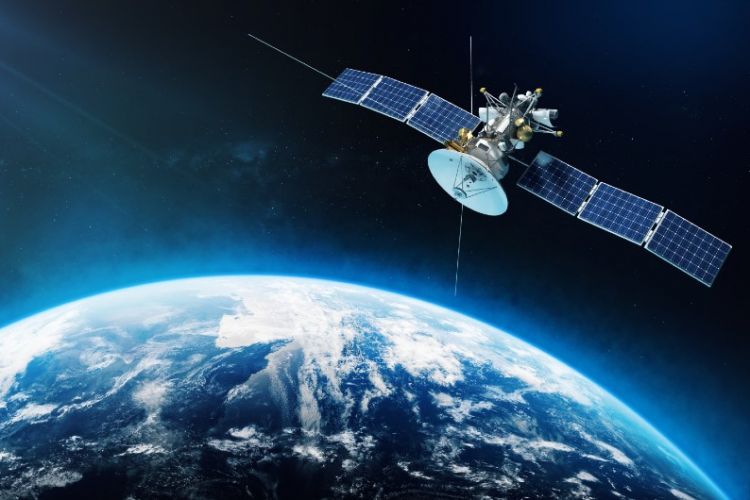This article was originally published at The Conversation. The publication contributed the article to Space.com's Expert Voices: Op-Ed & Insights.
Instead of one large satellite, groups of small satellites can provide coverage of the entire planet at once. Civil, military and private operators are increasingly using constellations to create global and continuous coverage of the Earth. Constellations can provide a variety of functions, including climate monitoring, disaster management or digital connectivity, like satellite broadband.
But to provide coverage of the entire planet with small satellites requires a lot of them. On top of this, they have to orbit close to Earth’s surface to reduce interruption of coverage and communication delays. This means they take up an already busy area of space called low Earth orbit, the space 100 to 2,000 kilometers above the Earth’s surface.
There are many issues associated with introducing this many satellites into orbit, from the dangers of space junk to obstructing our view of the night sky. But the shift toward mega-constellations is also a challenge for global space governance.
There are almost 3,000 active satellites in orbit around Earth today, and this is set to sky rocket in the coming years. The European Commission, for example, recently announced plans to launch thousands of satellites into orbit around Earth, adding to a growing list of planned mega-constellation launches.
As companies and governments around the world continue to pursue mega-constellations, it is critical that the governance framework is able to support the rise in activity. There are a number of important problems that need to be considered.
1. Definition
Satellites are regulated at the national level and through licensing, guided by the principles of the Outer Space Treaty of 1967. Though the terms constellation or mega-constellation are not found in the treaty, they are considered space objects, like all other satellites.
As procedures and regulations vary from country to country, the challenge is how to govern mega-constellations without creating legal fragmentation. It is imperative that the topic is discussed at the international level.
Yet currently, there is no legally binding definition for a satellite constellation, nor for the newer term mega-constellation. Exactly how many satellites make up a mega-constellation is unknown, and each country could consider the term to mean something different. Clarity at the international level could pave the way for creating guidelines specifically for mega-constellations, which could aid the safe and sustainable use of low Earth orbit.
2. Congestion
Most satellites in low Earth orbit are operating between 600 and 800 km above sea level. This is considered a congested area, as there are lots of satellites there already. Small satellites have shorter lifespans than the larger satellites, which typically orbit above low Earth orbit.
Given the amount of future mega-constellations currently planned, the space around Earth termed low Earth orbit could easily become a limited resource.
3. Radio spectrum
If low Earth orbit becomes overcrowded with satellite and mega-constellations, avoiding collisions will become more difficult. In September 2019, the European Space Agency had to fire the boosters on one of its satellites to get it out of the way of another satellite, otherwise the two would’ve collided.
Way forward










